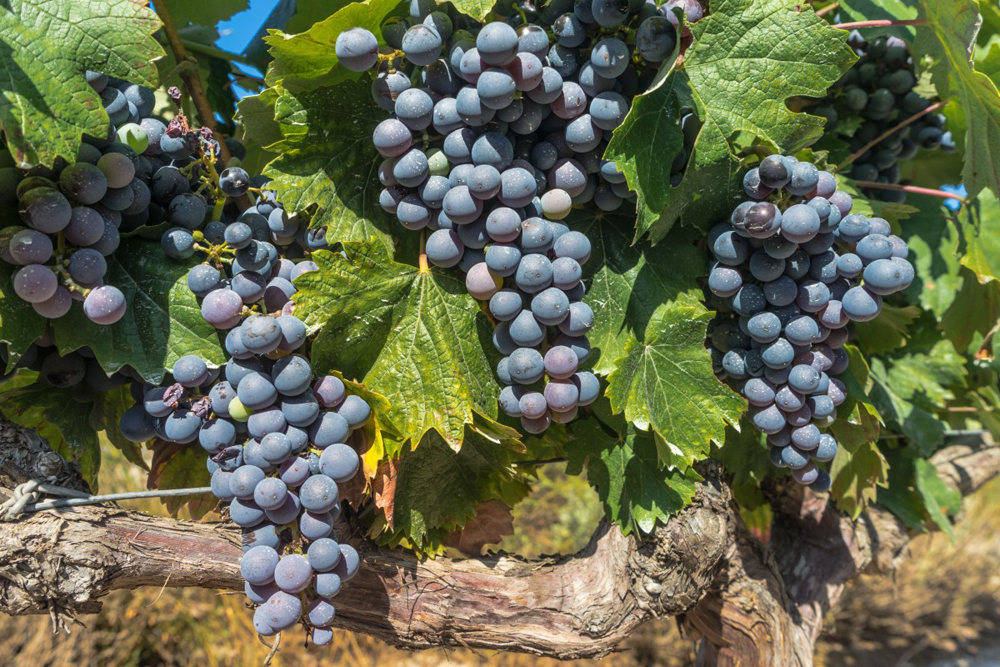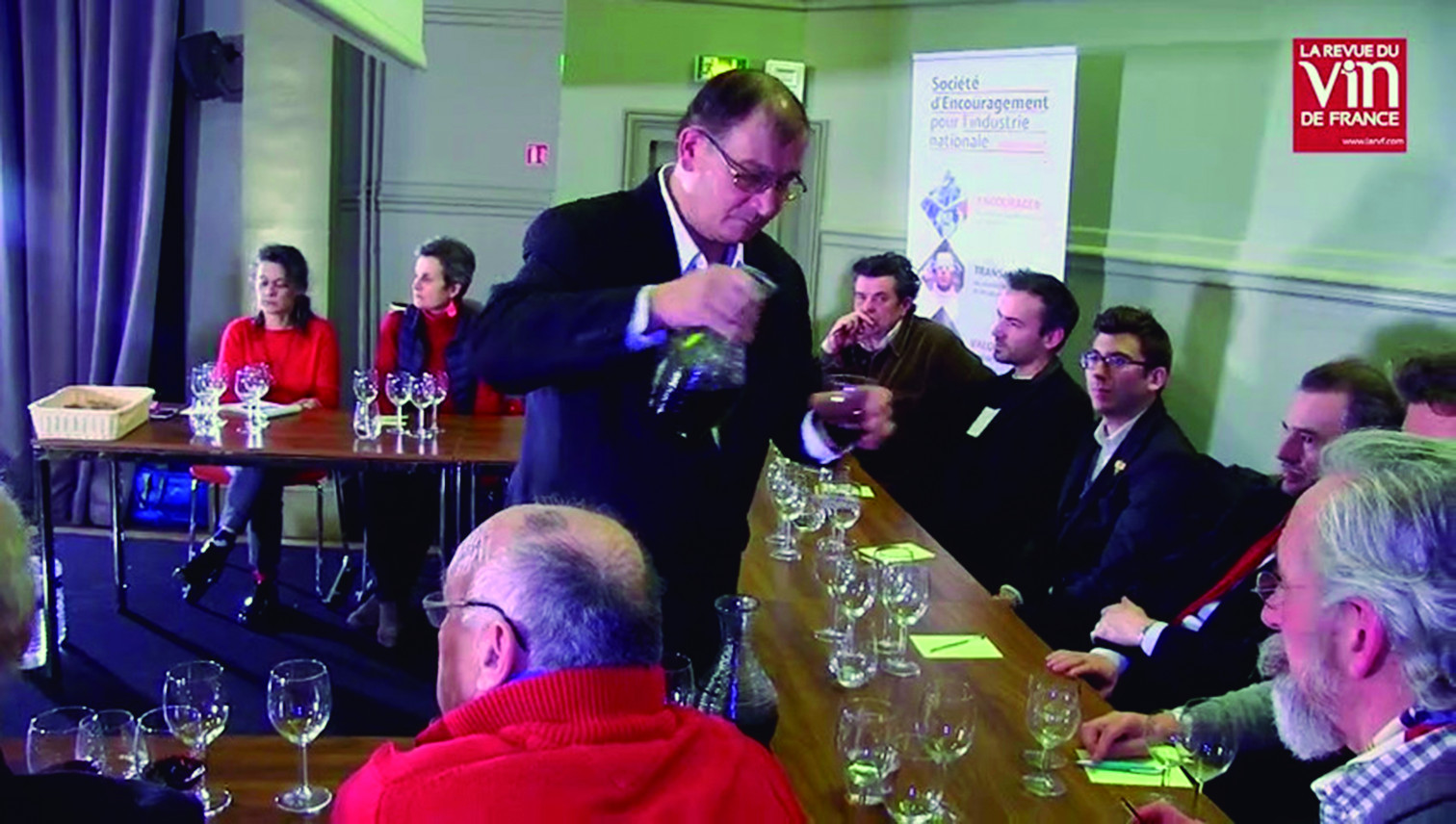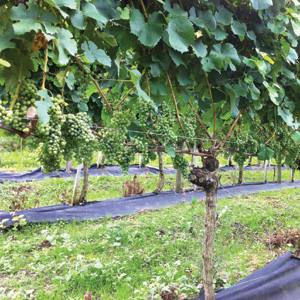Poison Mouth Ceiling

At the other end of organic and biodynamic wines are industrial or chemical wines. The latter use synthetic chemicals; hormones, fertilizers, pesticides, herbicides, etc. in vineyards and chamomiles, and similarly in wineries.
Most chemicals are synthetic, i.e. produced in industries. Only a few are natural. These chemicals leave a mark on soil, the environment, plants, fruits, wines and ciders. We must therefore be clear that many of these products reach us. You've guessed it, the aguamiel we take for the enjoyment of our mouth roof and our brains closely linked to it, will leave a good mark on your body.
When we drink ciders and wines, when it comes to the opinion about the quality of the beverage, it is increasingly common to hear broad, precise and rigorous explanations. We're learning. Based on the characteristics of the beverage, we can reach the most surprising data of his life: in what type of land and subsoil the fruit tree inhabits, in what variety it is fruit, in what succession of time it has conditioned this harvest, how it has been cultivated in the winery... To do so, we are building a language. The very mouth he has drunk cider wine will express the impressions, impressions, beliefs and opinions he has produced in his palate and in his brain.
To be a suitable translator to transform the drink into a language is called in our house a roof of mouth. Palate or oral wisdom consists of taste buds and itchy or pituitary noses. And like all knowledge, you have to work and educate it. What if the being dressed came to eat, the being dressed in the drink, or how on earth will we say it?
Two French friends take a tremendous step in their desire to dress or drink. Cook Jérôme Douzelet and biologist Gilles-Eric Séralini have organised pesticide tastings. The doses of pesticides found in the wines are tested in the water. The wine industry, chemical or non-ecological, is considered the world's largest user of pesticides. Of course, the Basque warehouses and the sewers! Eco-friendly clothing and drink.
The area of Nabaridas (Álava) is the territory of the wines, so the landscape is dominated by the vineyards. However, in 2014, neighbors began to revolve around an idea to promote the native oak forest. The question was: What do you do to expand the forest, protect it and... [+]
At a time when organic farming is booming, wines produced in biodynamically based agriculture are becoming more and more rewarded. It's about seeing if the cider comes as in grape wines, perry, beer, etc.
This agriculture, based on the enrichment of the land and the integral... [+]
Errioxa Kontseilu Arautzaileak egin du dagoeneko aurtengo mahasti-bilketaren gaineko lehen balorazioa. Emaitza "oso onak" jaso direla nabarmendu du. Kalitatea eta kopuruari dagokionez, "aparta" izan dela gaineratu du.
This year, like all other fruits, the grapes have also come quickly, rather than on other occasions. Here's the vineyard of a txakoli winery. Here the biggest problem with grapes is moisture, which promotes diseases until grain is wasted. The solution is to remove the fruit from... [+]









-(1).jpg)





